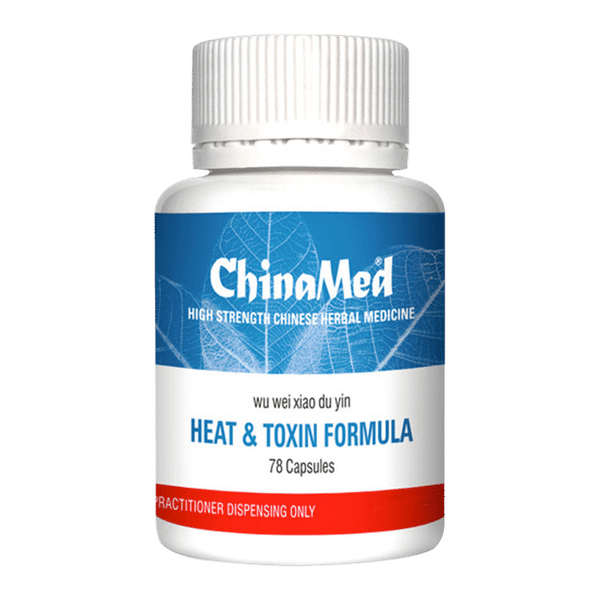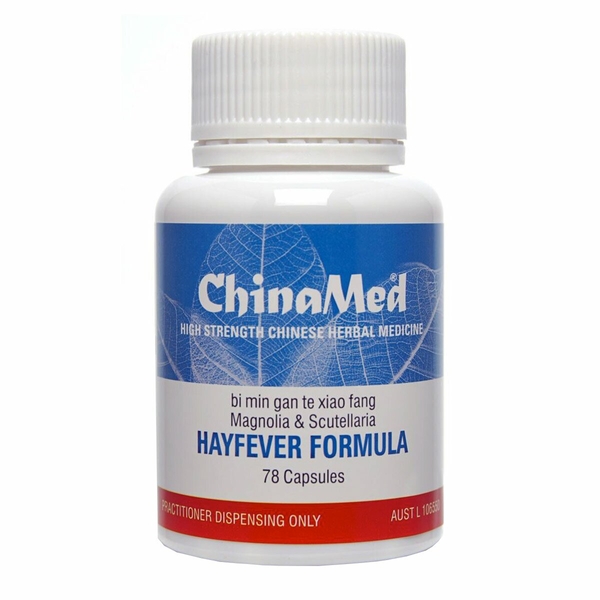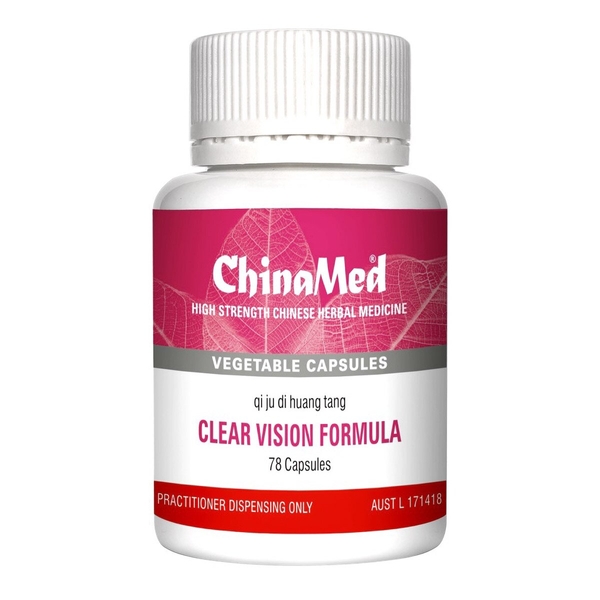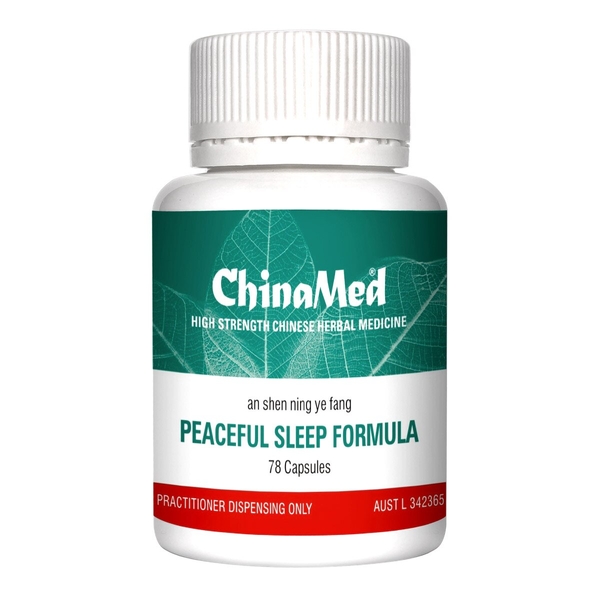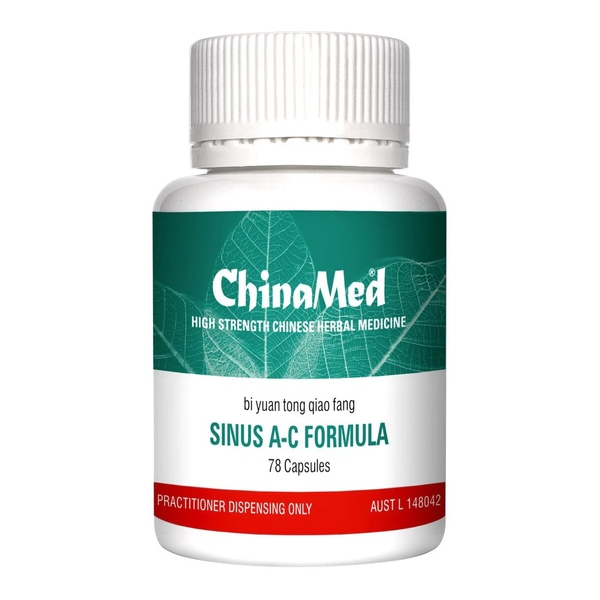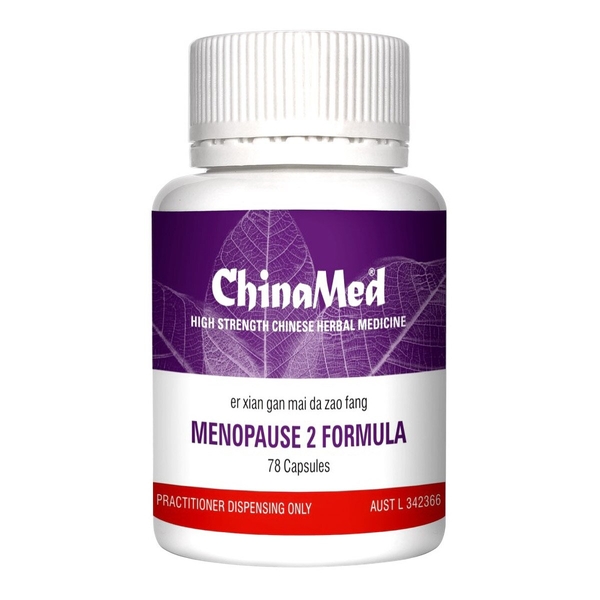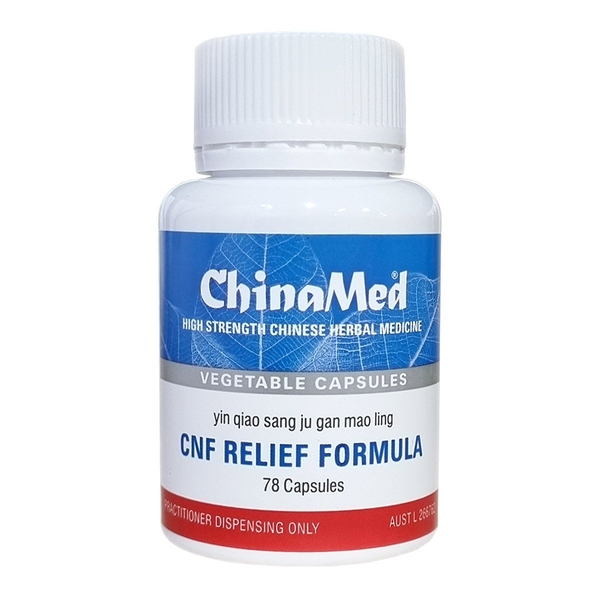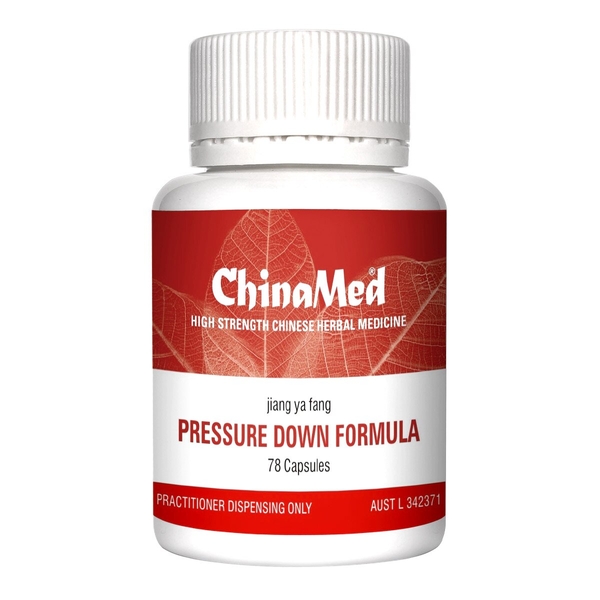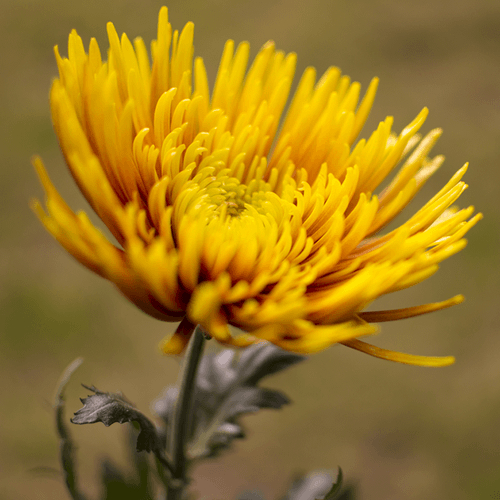
Chrysanthemum
Scientific names: Chrysanthemum indicum, Chrysanthemum morifolium, Anthemis grandiflorum, Anthemis stipulacea, Chrysanthemum sinense, Chrysanthemum stipulaceum, Dendranthema grandiflorum, Dendranthema morifolium, Matricaria morifolia, Chrysanthemum zawadskii, Chrysanthemum species
Family: Asteraceae/Compositae
Alternate names: Chrysanthème, Chrysanthème des Jardins, Crisantemo, Fleur d'Or, Florist's Chrysanthemum, Flos Chrysantemi, Ju Hua, Mum, Yao Jiu Ha, Ye Ju Hua
Actions: Anesthetizing activity, Antibacterial activity, Anticancer activity, Antidiabetic activity, Antifungal activity, Antigout activity, Antiherpes activity, Anti-HIV activity, Anti-inflammatory activity, Antioxidant activity, Antitumor activity, Immunomodulating properties, Molluscicidal activity, Mosquito repellency properties
Background
Chrysanthemum is a flowering plant that blooms in the fall. It's commonly called a mum. Its flowers are used in tea and traditional Chinese medicine (TCM).
Chrysanthemum contains chemicals called flavonoids, which have antioxidant and anti-inflammatory effects. It also contains chemicals that may increase blood flow to the heart.
People use chrysanthemum for chest pain (angina), high blood pressure, common cold, diabetes, stroke, and many other conditions, but there is no good scientific evidence to support these uses.
Chrysanthemum contains chemicals called flavonoids, which have antioxidant and anti-inflammatory effects. It also contains chemicals that may increase blood flow to the heart.
People use chrysanthemum for chest pain (angina), high blood pressure, common cold, diabetes, stroke, and many other conditions, but there is no good scientific evidence to support these uses.
Safety Safety definitions
When taken by mouth: Chrysanthemum extract is possibly safe when used for up to 12 weeks. But there isn't enough reliable information to know what the potential side effects might be.
When applied to the skin: There isn't enough reliable information to know if chrysanthemum is safe. Chrysanthemum can cause allergic reactions in some people. It can also cause the skin to become extra sensitive to the sun. Wear sunblock outside, especially if you are light-skinned.
Plant allergies: Chrysanthemum is a member of the Asteraceae/Compositae family. It may cause an allergic reaction in people sensitive to other plants from this family. Other members of this family include ragweed, marigolds, daisies, and many others.
When applied to the skin: There isn't enough reliable information to know if chrysanthemum is safe. Chrysanthemum can cause allergic reactions in some people. It can also cause the skin to become extra sensitive to the sun. Wear sunblock outside, especially if you are light-skinned.
Special Precautions & Warnings:
Pregnancy and breast-feeding: There isn't enough reliable information to know if chrysanthemum is safe to use when pregnant or breast-feeding. Stay on the safe side and avoid use.Plant allergies: Chrysanthemum is a member of the Asteraceae/Compositae family. It may cause an allergic reaction in people sensitive to other plants from this family. Other members of this family include ragweed, marigolds, daisies, and many others.
Effectiveness
Effective Effectiveness definitions
There is interest in using chrysanthemum for a number of purposes, but there isn't enough reliable information to say whether it might be helpful.
Dosing & administration
There isn't enough reliable information to know what an appropriate dose of chrysanthemum might be. Keep in mind that natural products are not always necessarily safe and dosages can be important. Be sure to follow relevant directions on product labels and consult a healthcare professional before using.
Interactions with pharmaceuticals
It is not known if Chrysanthemum interacts with any medicines. Before taking Chrysanthemum, talk with your healthcare professional if you take any medications.
Interactions with herbs & supplements
There are no known interactions with herbs and supplements.
Interactions with foods
There are no known interactions with foods.
Products
View all productsPer capsule:
- Chrysanthemum indicum (Ju Hua) ext. 35.4 mg
- Taraxacum mongolicum ext. 105.9 mg
- Lonicera japonica ext. 70.5 mg
- Viola yedoensis ext. 35.4 mg
- Begonia fimbristipula ext. 52.8 mg
Practitioner product
Per capsule:
- Chrysanthemum sinense (Ju Hua) ext. 29.85 mg
- Magnolia liliflora ext. 37.312 mg
- Morus alba ext. 37.312 mg
- Mentha haplocalyx ext. 37.312 mg
- Angelica dahurica ext. 22.387 mg
- Scutellaria baicalensis ext. 22.387 mg
- Xanthium sibiricum ext. 22.387 mg
- Cinnamomum cassia (bark) ext. 22.387 mg
- Anemone altaica ext. 22.387 mg
- Schizonepeta tenuifolia ext. 22.387 mg
Practitioner product
Per capsule:
Practitioner product
Per capsule:
- Chrysanthemum sinense (Ju Hua) ext. 26.1 mg
- Triticum aestivum ext. 35.1 mg
- Ziziphus jujuba ext. 29.1 mg
- Ziziphus jujuba var. spinosa ext. 26.1 mg
- Biota orientalis ext. 26.1 mg
- Paeonia lactiflora ext. 26.1 mg
- Curcuma longa ext. 26.1 mg
- Schizandra chinensis ext. 17.4 mg
- Glycyrrhiza uralensis ext. 14.7 mg
- Citrus reticulata ext. 14.7 mg
- Rosa rugosa ext. 14.7 mg
- Citrus reticulata ext. 14.7 mg
- Albizia julibrissin ext. 29.1 mg
Practitioner product
Per capsule:
- Chrysanthemum sinense (Ju Hua) ext. 20.16 mg
- Lonicera japonica ext. 26.88 mg
- Forsythia suspensa ext. 26.88 mg
- Mentha haplocalyx ext. 26.88 mg
- Morus alba ext. 26.88 mg
- Magnolia liliflora ext. 20.16 mg
- Xanthium sibiricum ext. 20.16 mg
- Angelica dahurica ext. 20.16 mg
- Scutellaria baicalensis ext. 20.13 mg
- Gardenia jasminoides ext. 20.13 mg
- Schizonepeta tenuifolia ext. 20.13 mg
- Ligusticum sinense ext. 20.13 mg
- Glycyrrhiza uralensis ext. 11.16 mg
Practitioner product
Per capsule:
- Chrysanthemum sinense (Ju Hua) ext. 13.2 mg
- Triticum aestivum ext. 66.3 mg
- Ziziphus jujuba ext. 22.2 mg
- Albizia julibrissin ext. 19.8 mg
- Epimedium sagittatum ext. 19.8 mg
- Curculigo orchioides ext. 19.8 mg
- Lycium barbarum ext. 19.8 mg
- Eucommia ulmoides ext. 19.8 mg
- Loranthus parasiticus ext. 19.8 mg
- Morindae officinalis ext. 13.2 mg
- Glycyrrhiza uralensis ext. 11.1 mg
- Rehmannia glutinosa ext. 33 mg
- Lilium brownii ext. 22.2 mg
Practitioner product
Per capsule:
- Chrysanthemum sinense (Ju Hua) ext. 11.19 mg
- Lonicera japonica ext. 33.54 mg
- Forsythia suspensa ext. 22.35 mg
- Scutellaria baicalensis ext. 27.96 mg
- Phragmites australis ext. 22.35 mg
- Morus alba ext. 16.77 mg
- Saposhnikovia divaricata ext. 16.77 mg
- Prunus armeniaca ext. 16.77 mg
- Mentha haplocalyx ext. 16.77 mg
- Glycine max ext. 16.77 mg
- Schizonepeta tenuifolia ext. 11.19 mg
- Glycyrrhiza uralensis ext. 9.3 mg
- Platycodon grandiflorus ext. 11.19 mg
- Isatis tinctoria ext. 33.54 mg
- Isatis tinctoria ext. 33.54 mg
Practitioner product
Per capsule:
- Chrysanthemum sinense (Ju Hua) ext. equiv. dry 66.6 mg
- Rehmannia glutinosa ext. equiv. dry 223.2 mg
- Senna tora ext. equiv. dry 167.4 mg
- Ophiopogon japonicus ext. equiv. dry 133.2 mg
- Rubia cordifolia ext. equiv. dry 133.2 mg
- Prunella vulgaris ext. equiv. dry 133.2 mg
- Uncaria rhyncophylla ext. equiv. dry 133.2 mg
- Leonurus sibiricus ext. equiv. dry 133.2 mg
- Tribulus terrestris ext. equiv. dry 133.2 mg
- Achyranthes bidentata ext. equiv. dry 133.2 mg
- Scutellaria baicalensis ext. equiv. dry 102.6 mg
- Paeonia suffruticosa ext. equiv. dry 102.6 mg
- Styphnolobium japonicum ext. equiv. dry 102.6 mg
- Scrophularia ningpoensis ext. equiv. dry 102.6 mg
Practitioner product
vital.ly has licensed monographs from TRC Healthcare.
This monograph was last reviewed on 14/02/2025 11:00:00 and last updated on 31/12/2021 08:13:10. Monographs are reviewed and/or updated multiple times per month and at least once per year.
Natural Medicines disclaims any responsibility related to medical consequences of using any medical product. Effort is made to ensure that the information contained in this monograph is accurate at the time it was published. Consumers and medical professionals who consult this monograph are cautioned that any medical or product related decision is the sole responsibility of the consumer and/or the health care professional. A legal License Agreement sets limitations on downloading, storing, or printing content from this Database. No reproduction of this monograph or any content from this Database is permitted without written permission from the publisher. It is unlawful to download, store, or distribute content from this site.

